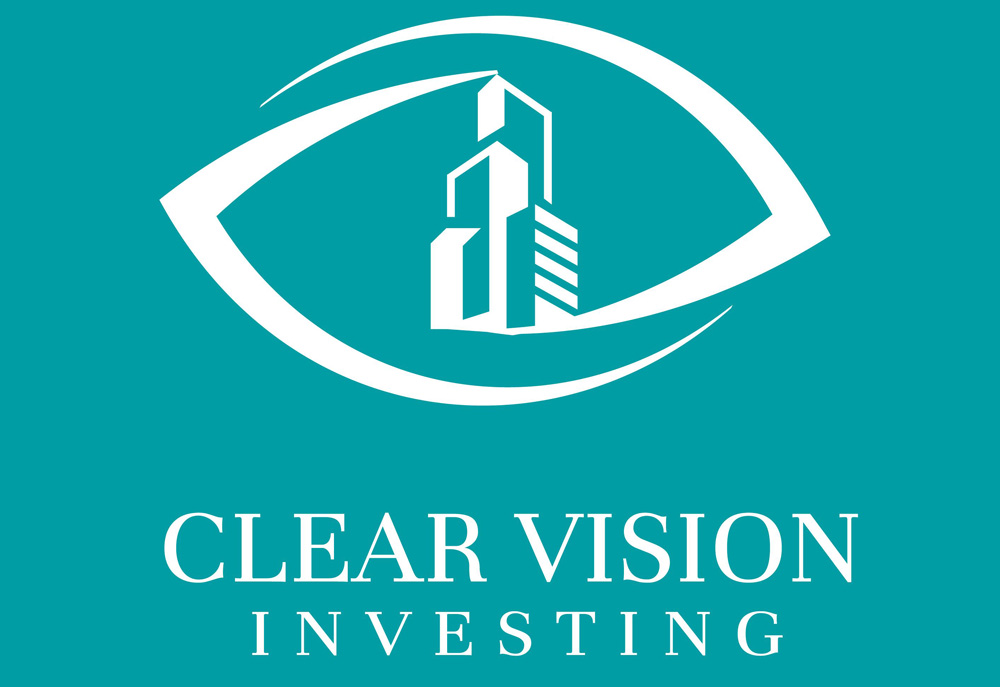Physician burnout is a growing issue in the medical profession, affecting not only doctors but also their patients and healthcare organizations. A recent Medscape report found that the rates of physician burnout have skyrocketed, with over 50% of doctors reporting symptoms such as emotional exhaustion, depersonalization and a decreased sense of personal accomplishment. The report also found that the most significant factor contributing to physician burnout is work-related stress, including long hours, administrative burdens and the challenges of providing high-quality care in a complex healthcare environment.
As healthcare becomes more complex, with rapidly advancing technologies and an increasing burden of paperwork and bureaucracy, it is not surprising that doctors are feeling the effects of stress and burnout. Burnout not only affects physicians, but also impacts the quality of care patients receive and has a major impact on the health system’s bottom line.
One of the key findings in the report was that physicians believe the number one way to reduce burnout is higher compensation. This suggests that financial intelligence and financial freedom may help mitigate the effects of burnout.
What is Financial Intelligence?
Financial intelligence is defined as the ability to understand and make informed decisions about personal finances, including budgeting, investing and retirement planning. For physicians, financial intelligence can provide a sense of control and stability, allowing them to better manage the demands of their careers and personal lives.
How Financial Intelligence Can Mitigate Physician Burnout
One of the ways financial intelligence can help reduce physician burnout is by providing doctors with a greater sense of control and autonomy. With a better understanding of their financial situation, physicians can make more informed decisions about their spending and saving, which can help them to reduce their financial stress – one of the key contributors to burnout.
By developing financial intelligence, physicians can practice medicine untethered by the constraints of dependency on their clinical income. This enables physicians to practice medicine the way they want, when and how they want. Having financial independence allows physicians to restructure their work schedules, see fewer patients, pursue hobbies and interests, and have time with family and friends. Often, once physicians reach financial independence, they actually find their work more enjoyable, now that they can choose to practice medicine rather than having to practice medicine.
Another way financial intelligence can help reduce physician burnout is by providing them with a sense of financial security. When physicians have a solid financial foundation, they can feel more confident in their ability to withstand the financial ups and downs that can occur throughout their careers. This can help to reduce the stress and anxiety associated with the uncertainties of the future, and provide them with a greater sense of stability and peace of mind.
In conclusion, physician burnout is a growing concern, with increasing numbers of doctors reporting symptoms of burnout. Financial intelligence and financial freedom can play a critical role in mitigating the effects of burnout. By developing financial intelligence and achieving financial freedom, physicians can reduce their stress levels, improve their overall well-being and provide better care for their patients. It is important for healthcare organizations and policy-makers to recognize the importance of financial intelligence for physicians and to provide the necessary support and resources to help them achieve financial success and reduce burnout.

